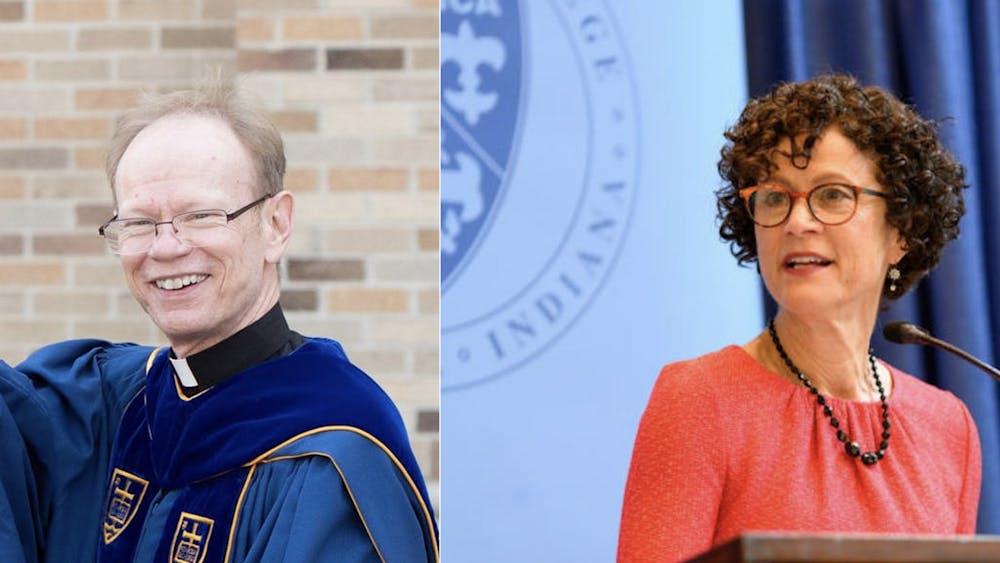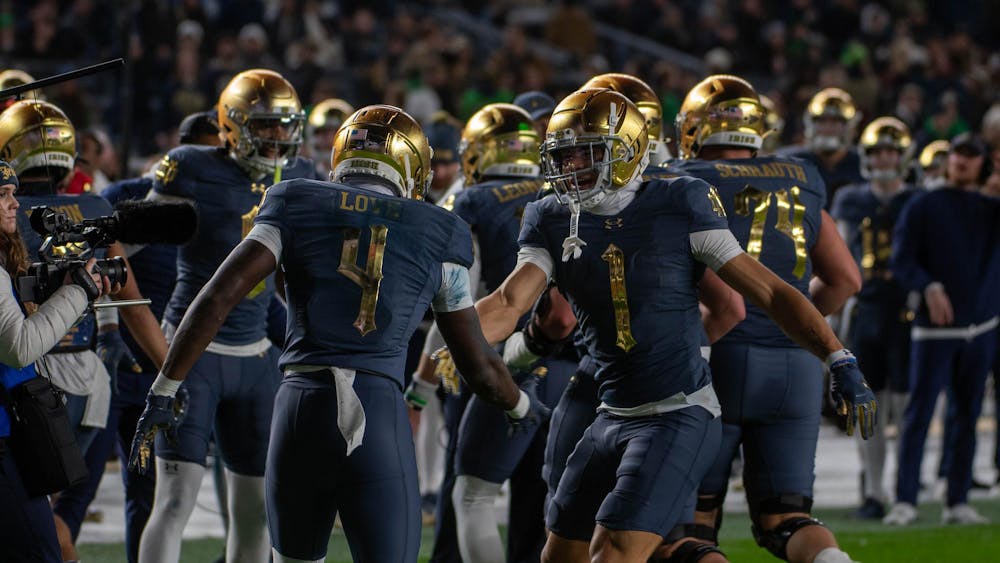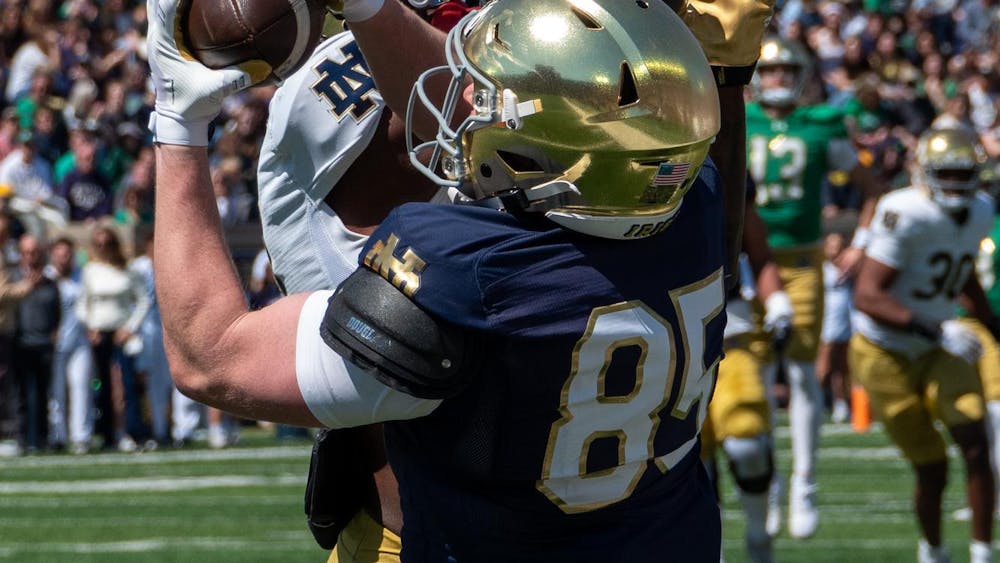Vice president for student affairs Erin Hoffmann Harding and vice president for campus safety and University operations Mike Seamon met via Zoom on Tuesday evening to answer student-submitted questions on the University’s COVID-19 policies and its potential to become a vaccine center in the second of a series of virtual town hall meetings.

Erin Hoffman Harding and Mike Seamon addressed students in a virtual town hall format. Topics they discussed included current testing procedures, the possibility of becoming a vaccine distribution site and the status of vaccinated individuals.
Erin Hoffmann Harding and Mike Seamon addressed students in a virtual town hall format. Topics they discussed included current testing procedures, the possibility of becoming a vaccine distribution site and the status of vaccinated individuals.
Moderated by first-year student Amanda Pirkowski, the virtual town hall gave Hoffmann Harding and Seamon an opportunity to provide insight into the University’s decision-making. To start off the session, first-year student Madelyn Stout inquired about the planning for pre-matriculation testing after seeing the rise in cases two weeks into the semester.
Seamon said even with the thorough pre-matriculation and general surveillance testing programs, the principal method for preventing a sharp rise in cases is following the fundamental health guidelines.
“We hear over and over again that the simple guidelines … are what’s really making a difference,” Seamon said.
Second-year law student Annika Nielsen-Kim asked if it is possible for students to request an additional test on a day other than their scheduled surveillance testing day.
With the saliva lab already operating at a high capacity, Seamon said students are not able to request an additional test or change their surveillance testing day.
“We don’t have the flexibility to let people change times once people selected their day, and we gave everybody the chance [to choose their surveillance testing day],” Seamon said.
In addition to general surveillance testing, Seamon added that the University has implemented supplemental testing to try to diagnose cases within demographics in the community experiencing concerning trends.
Following a question regarding the possibility of moving Junior Parents Weekend (JPW) to next year, Hoffman Harding said an in-person JPW for the class of 2022 is not feasible due to the uncertainty of next fall.
“I am sad for the junior class that we’ve asked them to go virtual this spring, but we really think it’s necessary for the health and safety of everybody,” Hoffmann Harding said.
In response to two questions regarding the status of athletic facilities, Hoffmann Harding said RecSports has updated the Smith Center schedule in order to fit as many appointments as possible and that students will not be able to play basketball in any of the facilities this semester due to it being a close-contact activity.
Junior George Seyfried asked Hoffmann Harding and Seamon if the University has played any role in ride-sharing services’ limited offerings. Hoffmann Harding and Seamon said the University has no knowledge of ride-sharing companies’ plans.
“I think people sometimes think the University has more influence than we really do in certain areas and this is one,” Seamon said.
Junior Cole Carpenter asked if students who have received both doses of a COVID-19 vaccine will have to quarantine if deemed a close contact. Seamon responded by saying vaccinated students will not be subject to quarantine but will still need to be tested due to uncertainty surrounding vaccinated individuals’ capability of spreading the virus.
Seamon and Hoffmann Harding then fielded a question regarding the University’s potential of becoming a COVID-19 vaccine site.
Seamon said the University is working with the Indiana Department of Health to become a vaccine site, but the process ultimately revolves around the vaccine supply which is dictated by the state and federal governments.
“It’s going to be dictated by [the state and federal governments], not by us.” Seamon said. “Our job is to have a site and have a structure ready so that we can take any vaccines they give us and we can deploy them quickly to the eligible populations at that time.”
Seamon added if the University does become a vaccine distributor to the Notre Dame community, unlike the Flu Blitz in the fall, they will not have enough vaccines to vaccinate all the students in a short time period.
“If we are successful in becoming a site, we will get incremental amounts just like all these other sites across the state are,” Seamon said. “Then what we’ll have to do is distribute them to the Notre Dame community in the pecking order that is outlined by the state.”
Seamon said he is hopeful that the University will eventually become a vaccine distributor, but said it’s still unknown about when or if it will happen.
“I really am hopeful, but it’s too early to tell. We want more vaccines [distributed] quicker into all of society,” he said. “Keep lighting Grotto candles.”








